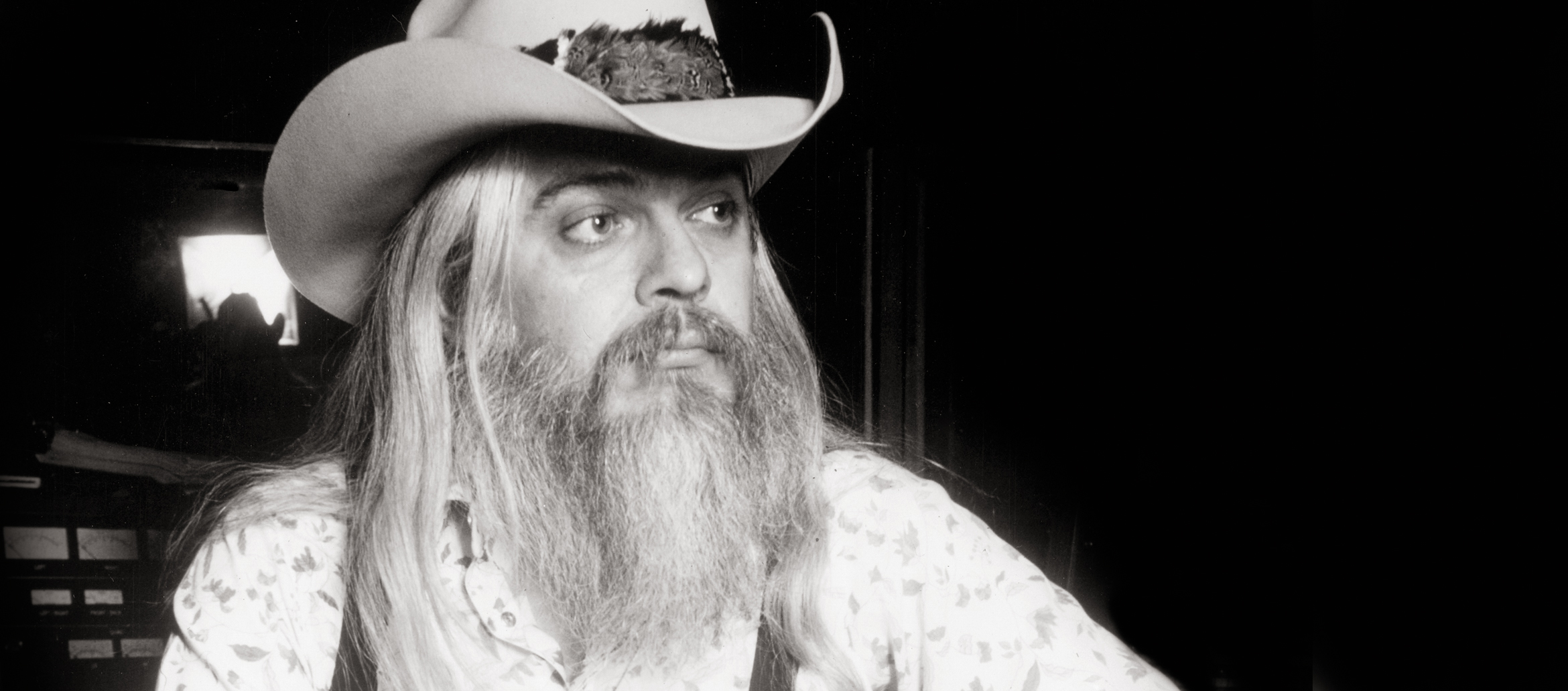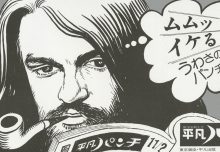August 29, 2011
Roeser on Russell
Great Steve Roeser piece on Leon Russell’s Live In Japan—read it here first!
by Steve Roeser
Summer 2011
During the years 1970 to 1975, few artists in rock were hotter or had more going on in their music careers than Leon Russell. After having started playing piano professionally in his teens in his native Oklahoma, Leon (birth name Claude Russell Bridges) trekked out to Los Angeles by the early Sixties and soon became one of the most in-demand recording session players in Hollywood.
Very few of the many notable Phil Spector Gold Star Studio recordings do not have Leon on piano. The Beach Boys, Bobby Darin, Glen Campbell and numerous others recording in L.A. in that era benefited from Leon’s expertise on the 88s. “I was the triplet guy,” was the way he put it, summing up how he was perceived by West Coast record producers who wanted to book the piano player who would get the job done most efficiently.
By the late Sixties, Leon was more than ready to make his own music, and in ’69 he traveled to London to cut tracks at Olympic Sound studios that would largely comprise his self-titled debut solo LP. Mindful of his formidable musical strength, among the English rock royalty who came down to play with Leon were George Harrison, Ringo Starr, Charlie Watts, Bill Wyman, Steve Winwood and Eric Clapton.
The release of that album (in Spring of 1970) coupled with Leon’s indispensable role as bandleader and musical director of Joe Cocker’s Mad Dogs & Englishmen tour (resulting in a classic double live album and a documentary film), made Leon Russell a star within a year. By 1971, Leon was quite rightly recognized as one of rock’s major artists. He even headed up his own label, Shelter Records, whose roster (aside from himself) included J.J. Cale, Freddie King and, eventually, Tom Petty & The Heartbreakers.
A 2011 release of two Leon concerts (or at least large portions thereof) from that time are in-disputable proof of his prowess as a live performer. The album is titled for a late 1973 concert that Leon & Co. performed in Budokan, not long after the release of his Hank Wilson’s Back! album, a collection of country classics. But this show, attended by a very appreciative audience, was not a country music jamboree by any means, with only “Roll In My Sweet Baby’s Arms” turning up in a medley at the end. This night featured primarily the high-energy gospel-tinged rock ’n’ roll that Leon Russell had been perfecting for years.
Leon had already had a live album (a massive three-record set) released in the States earlier that year, but this Japan performance seemed tailor-made for a Japanese release, and it came out in that country on vinyl in 1974. Before the L.A. based Omnivore Recordings made it available again in 2011, very few people outside of Japan even knew of its existence.
Most of the material is drawn from Leon’s first three studio albums, Leon Russell (“Roll Away The Stone,” “A Song For You”), Leon Russell And The Shelter People (“Sweet Emily,” “Alcatraz,” “Of Thee I Sing”) and Carney (“Tightrope,” “Queen Of The Roller Derby”). The Rev. Patrick Henderson and the female vocal group Black Grass open the concert with a couple of gospel numbers, very much the same way that Bob Dylan would have gospel singers open some of his concerts six or seven years later. Henderson, who Leon chose as a second lead vocalist and additional piano player, stayed with Leon’s band for years and contributed an essay for this re-release.
The added material is from a 1971 Houston concert that took place several months before Leon’s participation in the Concert For Bangladesh. “Jumpin’ Jack Flash” was not part of a medley at that point, but works well on its own. When this concert happened, Leon’s Shelter People record had yet to be released, but a good portion of its material was presented here, including “Alcatraz,” “Of Thee I Sing” and “Stranger In A Strange Land.” Leon had not left the Mad Dogs & Englishmen set completely behind yet, so that “Groupie” (aka “Superstar”) turns up, featuring the bluesy voice of Kathi McDonald. (By the time of the Bangladesh shows, McDonald had departed the band.)
Only a year or two after the Japan concert captured here (11/08/73) at the Nippon Budokan Hall, Leon scaled things down, no longer doing the high-energy, gospel-oriented shows that he’d become famous for. He went “back to the island,” making his own kind of “lovers’ rock” with his wife, Mary Russell, and spent some time enjoying the fruits of his labor.
But these two early ’70s shows, alongside his official concert album from that era (Leon Live), are all the evidence necessary to make the case for Leon Russell having been, in addition to his many other musical accomplishments, one of rock ‘n’ roll’s all-time greatest stage performers.



